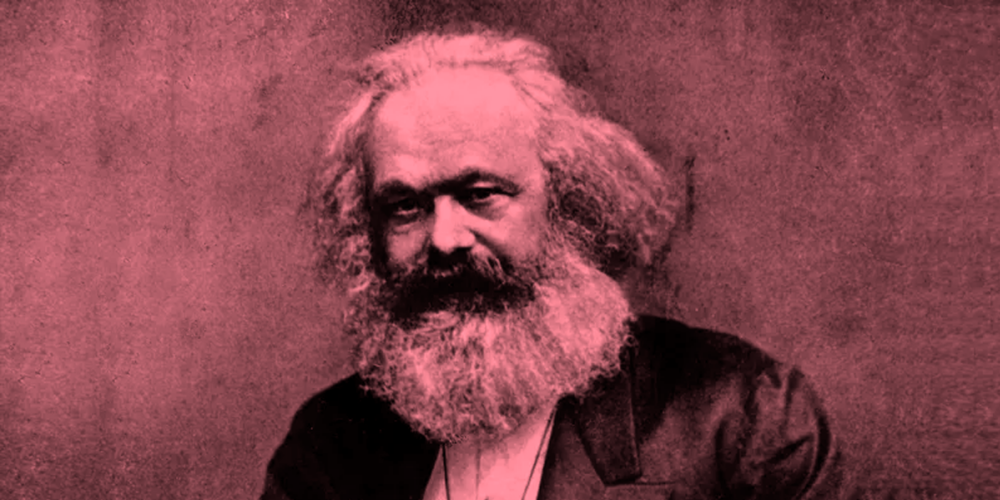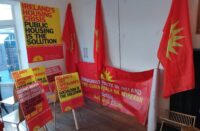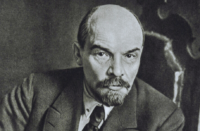The word “democracy” comes from Greek and means “rule of the common people”. We are told that we in the Western world are democratic. But it is hard to see choices being given to the workers with their input as the rule of the common people, or the common people exerting their power. Especially when the common people do not rise to any positions of power through this so-called democratic system. In Ireland we are asked which group of landlords we want to represent the workers, but how can one class represent the interests of another? With rising rents and homelessness and government policy that hurt workers and children we cannot call what we have the rule of the common people, or democracy for short.
What has been put forth, as described by socialists in the past, is the dictatorship of the bourgeoisie. The capitalists and landlords have a tight grip on the political vehicle of society, moving us whichever way they wish and only going to the people when legislation forces them. Aristotle defined democracy to be when the common people, being the majority, possess the sovereign power; and an oligarchy, when the rich and those of noble birth, the few, have the sovereign power. This definition of an oligarchy necessarily implies that the majority are excluded from participating in the sovereign power. He described perfectly the dictatorship of the bourgeoisie before the phrase came into use. In Ireland, the rich and those of noble birth that Aristotle would be speaking of would be the landlords.
The concept of the dictatorship of the proletariat in Marxism comes about as the working class, the majority in capitalist society, come to power. This means that the workers of a country can put their interests first. Within the dictatorship of the proletariat, the workers take part in every level of politics and shape the way the country moves forward socially and economically. A recent example of how this might work can be seen in how Cuba’s family code was written. It went through multiple committees made up of citizens in which every citizen had a chance to make amendments to be decided on by those committees. In Ireland, the workers have no such power.
As the dictatorship of the bourgeoisie has been in place for the length of time that it has, it has built its institutions around capitalist interests. In his book The Civil War in France, Marx examines the Paris Commune and what questions it answered. After the Paris Commune Marx and Engels realised that the workers would not be able to simply take the state into their hands and have it work in their interests but would instead have to “smash it” and create a workers’ state with new institutions built up in the workers’ interest. But what does this have to do with democracy? The way in which the Paris Commune approached democracy was revolutionary at the time and would even be just as revolutionary today. Those who were in positions of power could be recalled at any time by popular vote. Instead of waiting for a by-election or a general election the people of the commune would have been allowed to recall their representatives if they felt they were being misrepresented. The power was with the people and not with those above them.






